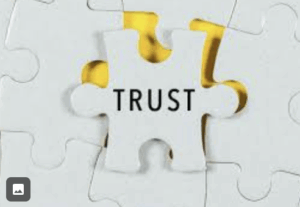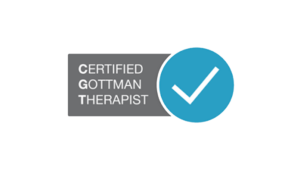Obsessive-Compulsive Disorder (OCD) is one of the most misunderstood mental health conditions. Although commonly referenced in casual conversations, the term “OCD” is frequently misused to describe someone who is detail-oriented, perfectionistic, or neat. This trivializes the disorder and obscures its true nature. At Kingston & Co Counseling, we believe in fostering accurate awareness and empathy for those genuinely affected by OCD.
What is OCD?
Obsessive-Compulsive Disorder is a mental health condition characterized by:
- Obsessions: Unwanted, intrusive thoughts, images, or urges that cause significant anxiety.
- Compulsions: Repetitive behaviors or mental acts performed to alleviate the distress caused by obsessions.
For instance, someone with OCD might repeatedly check locks, not out of a preference for security, but because they experience intrusive thoughts of catastrophic outcomes if they don’t. This cycle of obsessive thoughts and compulsive actions can become debilitating.
For individuals with OCD, their symptoms are not merely habits or preferences; they stem from an intense psychological need driven by anxiety.
Misusing OCD: The Harm of Casual Language
Terms like “I’m so OCD about my desk” perpetuate misunderstandings about the disorder. This misuse:
- Minimizes the Struggles: It undermines the challenges faced by individuals with clinically diagnosed OCD.
- Spreads Misconceptions: It reinforces the false idea that OCD is synonymous with tidiness or perfectionism.
- Discourages Treatment: Misrepresentation can lead to stigma, preventing those with OCD from seeking help.
Correcting this language begins with education. Sharing resources about OCD, such as articles or counseling services, can shift perceptions.
If you suspect someone in your life has OCD, support them by:
- Listening Without Judgment: Avoid trivializing their experience by equating it with quirks or habits.
- Encouraging Professional Help: Evidence-based treatments, like Cognitive Behavioral Therapy (CBT) and Exposure and Response Prevention (ERP), are effective in managing OCD. For family dynamics affected by OCD, consider Family Therapy.
- Avoiding Reinforcement: Discourage participation in compulsive behaviors, as this can unintentionally reinforce the OCD cycle.
The Path to Empathy and Understanding
OCD is a complex and often misunderstood condition that deserves compassion. By understanding the real challenges faced by individuals with OCD, we can help reduce the stigma and encourage meaningful conversations about mental health.
If you or someone you know is living with OCD, Kingston & Co Counseling is here to help. Contact us for more information about our services and visit our Blog for additional mental health resources.
Together, we can create a more informed and empathetic world.







